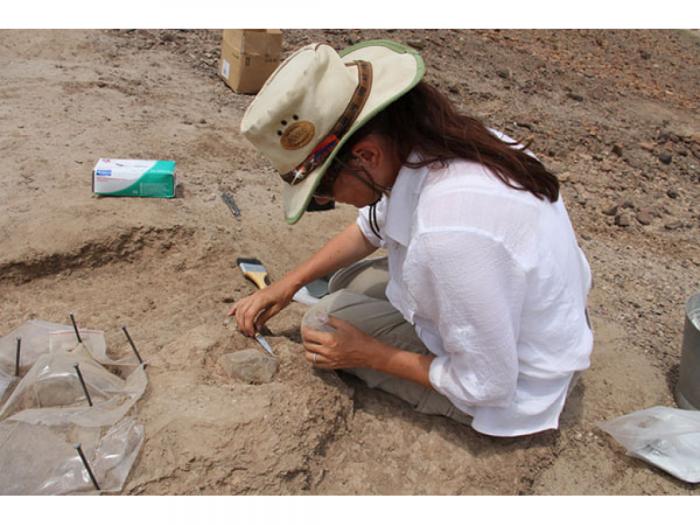Exploring Humanity’s Technological Origins (Free Virtual Event)
By
Harvard Museums of Science & Culture and Peabody Museum of Archaeology & Ethnology
Free

New discoveries have pushed back the date of earliest tool use by our hominin ancestors. In this free virtual talk, Sonia Harmand will explore the implications of these findings for human development.
Sign-up Information
- Ages: Adults.
Registration required
- Sign-up is ongoing
Cost
This Event is free!
Location
- Only virtual (online or over the phone).
Dates and Times
Wed, April 6 2022 6PM – 7PM
Additional information
Sonia F. Harmand, Associate Professor, Department of Anthropology, Turkana Basin Institute, Stony Brook University; Director, Mission Préhistorique au Kenya/West Turkana Archaeological Project
Human evolutionary scholars have long assumed that the earliest stone tools were made by members of the genus Homo, 2.4–2.3 million years ago, and that this technological development was directly linked to climate change and the spread of savannah grasslands. In the last decade, fieldwork in West Turkana, Kenya, has revealed evidence of much earlier technological behavior. Sonia Harmand will discuss the discovery of stone tools in a 3.3-million-year-old archaeological site in Kenya known as Lomekwi 3. She will show how this discovery is reshaping our understanding of the emergence of human-like manipulative capabilities, as well as the development of cognition in early hominins—the group consisting of modern humans and all our immediate ancestors.
Presented by Peabody Museum of Archaeology & Ethnology and Harvard Museums of Science & Culture
Free

Share with your friends!
Is there anything wrong or outdated? Please let Find It Cambridge know!
Last updated March 9, 2022.